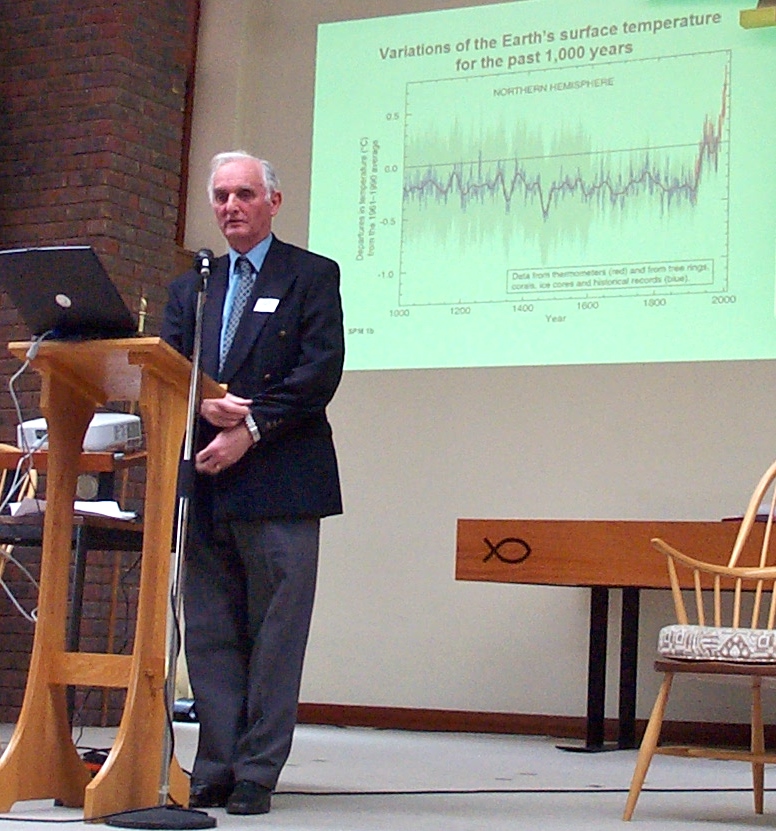
Big decline in food waste is helping cut carbon footprint
Another unexpected effect of the coronavirus is that food waste has fallen by a third during the lockdown.
According to the charity WRAP (The Waste and Resources Action Programme) the proportion of potatoes, bread, chicken and milk thrown away in homes has fallen by 34 per cent in the last of couple of months.
“This figure is extremely encouraging,” said Midlands green energy expert Ron Fox, “as food waste contributes hugely to the climate crisis.
“It already has a harmful carbon footprint because of the global food system and being transported around the globe, but it then rots in landfill sites and releases harmful methane gas.
“To show how serious the problem is,” added Ron, of Noreus Ltd on the University of Keele Science and Innovation Park, “the UN Food and Agricultural Association said if world food waste was a country it would be the third largest emitter of greenhouse gases after China and the USA.”
The charity’s survey of 4,200 adults found that with supermarkets operating strict social distancing rules, restaurants closed and many at home all day, people are shopping less often, but buying more and being more resourceful with their food so it lasts longer and goes further.
In the questionnaire more than half of the people now checked their cupboards and fridge before going shopping, so buying fewer unnecessary products. One in three was trying more creative recipes and ensuring whether food should be stored in a fridge or a cupboard plus freezing more and doing batch-cooking.
According to WRAP the volume of food waste generated in the retail supply chain, the hospitality sector and in homes stood at 9.5m tonnes in 2018, down from 10m tonnes in 2015 and 11.2m in 2007. Of that UK households generate 6.5 million tonnes of food waste every year of which 4.5 million (69 per cent) is edible with potatoes the single most wasted food.
Ron pointed out that collecting food waste and sending it to be composted is better than being or taken to landfill.
However, he said that a third of households do not have access to a separate or mixed food waste collection – a problem which he reckons should be looked as a matter of urgency by councils after the coronavirus problem is over.
Research by WRAP also showed that not only does reducing food waste have a positive effect on the environment it can also boost personal finances. It revealed that the financial cost of household food waste in the UK is £14 billion each year, or £700 per household.
Ron concluded: “Households need to realise they have a crucial role to play now and once the pandemic is over in cutting down our food waste and helping our planet.”
For more advice on green energy matters contact Ron on 01782 756995.




